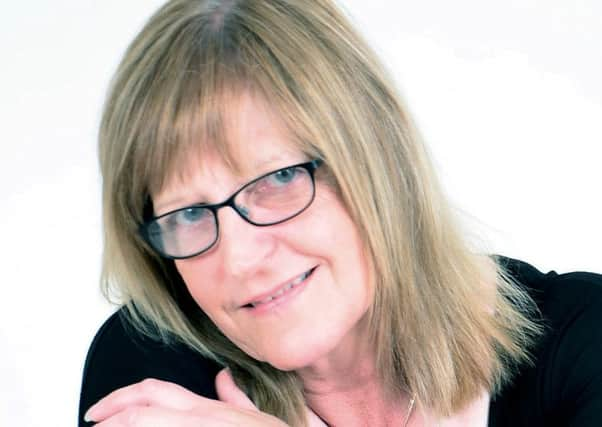Trial to help patient fears over cancer returning


A great-grandmother diagnosed with breast cancer has welcomed a new trial aimed at training radiographers to help reduce patients’ fear that their illness will return.
Beatrice White known as Blue, said there has been a reluctance among medical professionals to mention the “C-word” leaving people alone to dwell on the prospect of a recurrence.
Advertisement
Hide AdAdvertisement
Hide AdThe 64-year-old, who has three children, four grandchildren and a three-year-old great-granddaughter, was initially diagnosed with breast cancer in September 2015.
She was speaking ahead of today’s announcement that researchers at the University of St Andrews have been awarded more than £110,000 by charity Breast Cancer Now in partnership with the Scottish Government to lead a study to see if radiographers can help allay fears that impact on patients’ quality of life.
Ms White, from Glenrothes, said: “I think it can only be good and I’m happy to be involved in it, time is the only thing I can offer and some of my own experience.
“But I think if radiographers are trained to talk to patients in the latter stages of their treatment it will help.
“I wanted to talk about it but it was kind of shoved away and I do appreciate that they’re just dealing with the job in hand.
“This new research can only help but of course there are no guarantees but let’s talk about recurrence of cancer and let’s talk about ways to get people through it.”
Breast cancer remains the UK’s most common cancer, with around 4,700 women in Scotland being diagnosed each year. It is estimated that soon after treatment around 40 per cent of patients develop significant fears that it will return.
Mrs White added: “In days gone by nobody wanted to mention the word cancer.
Advertisement
Hide AdAdvertisement
Hide Ad“It’s almost like they didn’t want to talk about recurrence and we all know there’s always that chance.
“If the medical staff were geared-up to lessen that fear in anyway whatsoever – it can only be good for anybody going through cancer.”
A recent pilot study led by Professor Gerry Humphris at the University of St Andrews, found that nearly a third of patients began to develop fears that their cancer would return over the course of their radiotherapy treatment – and suggested that communication between a patient and their radiographer could influence how the level of this fear changes over time.
He said: “This is the first study dedicated to preventing patients developing long-term fears of their cancer returning before they finish treatment.
“Our initial study found that the way conversations between radiographers and patients are managed can have a significant impact, both positive and negative, on the mental wellbeing of patients and their perspective following breast cancer treatment.
“With new Breast Cancer Now funding, we’ll be able to develop a training package to help medical teams find new ways to manage and reduce patient anxiety.
“We hope that the study will also help further improve relationships and communications between patients and their medical staff, which is likely to improve their experience and quality of life after treatment.”